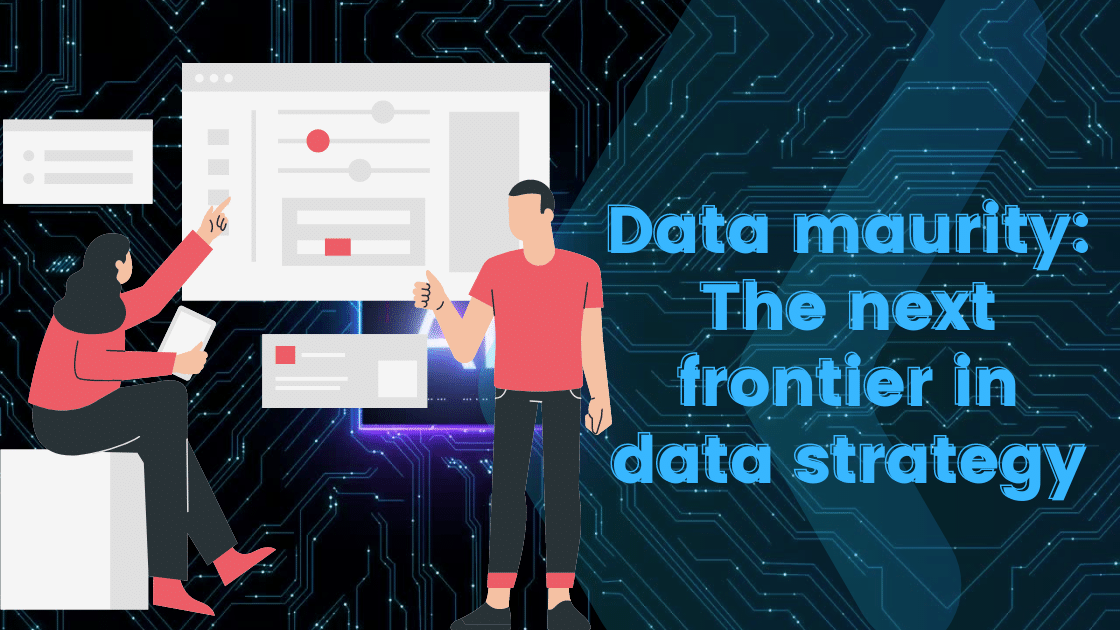In today’s digital economy, data has become the new oil. Every interaction, transaction, and digital footprint generates valuable information. But here’s the catch—data without strategy is just noise. According to surveys, while 80% of business leaders recognize the importance of data, only 30% have implemented a clear data strategy.
If you want to transform raw data into insights that drive growth, security, and innovation, you need a structured approach. This guide breaks down everything you need to know about data strategy, from its definition to implementation, challenges, and future trends.
What Is a Data Strategy?
A data strategy is a comprehensive plan that outlines how an organization collects, manages, protects, and uses data to achieve its business goals. Think of it as a roadmap that connects business objectives with the right data practices and technologies.
It typically covers:
-
Governance: Who owns the data, and how it’s managed.
-
Storage: Where and how data is stored securely.
-
Security: Protecting sensitive data from breaches.
-
Usage: Ensuring the right people have access.
-
Analytics: Turning raw information into business value.
Without such a strategy, organizations risk drowning in data silos, compliance violations, and missed opportunities.
Why Your Business Needs a Data Strategy
Data-driven companies consistently outperform their competitors. A clear data strategy enables:
-
Better decision-making – Leaders gain insights into customers, operations, and markets.
-
Operational efficiency – Processes are optimized through automation and analytics.
-
Innovation – Data reveals patterns that drive new products and services.
-
Regulatory compliance – Adhering to GDPR, HIPAA, and CCPA.
-
Enhanced cybersecurity – Protecting sensitive assets from ransomware and insider threats.
Put simply, businesses that fail to adopt a structured data strategy risk falling behind in today’s hyper-competitive environment.
Core Elements of a Strong Data Strategy
Data Governance and Compliance
Governance ensures accountability. This means establishing policies on how data is collected, accessed, and used. In heavily regulated industries like healthcare and finance, compliance with GDPR, HIPAA, or CCPA isn’t optional—it’s a necessity.
Data Collection and Storage
Data comes in multiple forms: structured (databases) and unstructured (emails, videos). A solid data strategy must define where and how this data is stored—whether on-premises, in the cloud, or in hybrid environments.
Data Security and Privacy
Security isn’t just a technical requirement—it’s a trust factor. Protecting data from ransomware, phishing attacks, and insider misuse is central to maintaining customer confidence. Encryption, access controls, and zero-trust policies play vital roles.
Data Analytics and Business Intelligence
Raw data has little value until analyzed. Through BI tools, AI-driven analytics, and machine learning, organizations can uncover customer behaviors, detect anomalies, and predict future trends.
People, Skills, and Culture
A successful strategy requires more than technology—it needs people. Upskilling employees and cultivating a data-driven culture ensures adoption across departments.
Steps to Building an Effective Data Strategy
-
Define business objectives – Align data use with company goals.
-
Audit existing data assets – Identify gaps, silos, and redundancies.
-
Create governance frameworks – Assign data ownership and set access rules.
-
Invest in tools and infrastructure – Choose cloud platforms, analytics software, and storage solutions.
-
Secure your data – Implement cybersecurity controls, backup solutions, and compliance checks.
-
Train your workforce – Build skills in analytics, security, and compliance.
-
Monitor and improve – Treat data strategy as a living document that evolves.
Data Strategy Best Practices
-
Align with business vision – Every decision should support corporate strategy.
-
Focus on data quality – Inaccurate data leads to bad decisions.
-
Build security into every step – Not an afterthought, but a foundation.
-
Leverage AI and automation – For efficiency and real-time insights.
-
Set clear KPIs – Measure progress with quantifiable results.
Common Challenges in Data Strategy (and How to Overcome Them)
-
Data Silos – Break them down with integrated platforms and cross-department collaboration.
-
Poor Data Quality – Use validation tools and enforce standards.
-
Lack of Leadership Buy-In – Demonstrate ROI and start with pilot projects.
-
Security Risks – Prioritize encryption, monitoring, and zero-trust approaches.
-
Cultural Resistance – Promote awareness and incentivize adoption.
Future Trends in Data Strategy
Looking ahead, several shifts are shaping the evolution of data strategy:
-
Real-time data analytics – Businesses want instant insights.
-
AI-driven insights – Predictive analytics and automation become mainstream.
-
Data mesh – Decentralized models empower domain-specific ownership.
-
Zero-trust frameworks – Security-first approaches redefine access.
Organizations that anticipate these trends will remain competitive and resilient.
FAQs – Data Strategy
Q1: What is a data strategy in simple terms?
It’s a roadmap for how businesses collect, manage, protect, and use data.
Q2: How does a data strategy help businesses?
It enables smarter decisions, better efficiency, stronger security, and innovation.
Q3: What are the 5 key components of a data strategy?
Governance, storage, security, analytics, and people.
Q4: How do cybersecurity and data strategy connect?
A secure data strategy ensures sensitive data isn’t exposed to threats like ransomware.
Q5: Do small businesses need a data strategy?
Yes—even simple frameworks help small businesses stay compliant and competitive.
Q6: What tools can support a data strategy?
Cloud platforms (AWS, Azure), BI tools (Tableau, Power BI), and cybersecurity tools (firewalls, SIEM).
Q7: How often should data strategy be updated?
At least annually, or whenever business goals or regulations change.
Final Thoughts
A well-executed data strategy isn’t just about managing information—it’s about driving business growth, protecting sensitive assets, and staying ahead of the competition.
By combining governance, security, and analytics with a culture that values data, organizations can turn raw numbers into actionable insights.
Don’t wait until data chaos strikes—start shaping your data strategy today and position your business for long-term success.


